Of all the gods only death does not desire gifts
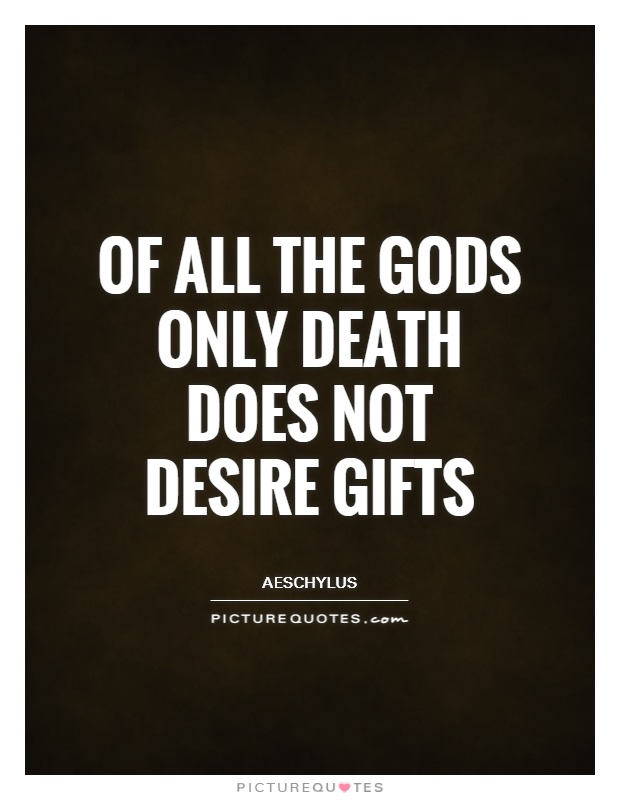
Of all the gods only death does not desire gifts
In the works of Aeschylus, the concept of death as the only god who does not desire gifts is a powerful and thought-provoking idea that speaks to the inevitability and impartiality of death. Aeschylus, a renowned ancient Greek playwright, often explored themes of fate, justice, and the power of the gods in his tragedies. In his plays, death is portrayed as a force that cannot be bribed or swayed by offerings or sacrifices, unlike the other gods who often require gifts and worship from mortals.The quote "Of all the gods only death does not desire gifts" highlights the stark contrast between death and the other gods in Greek mythology. While the gods are often depicted as capricious and demanding, death is portrayed as a relentless and impartial force that comes for all mortals, regardless of their wealth, status, or offerings. This idea challenges the traditional beliefs of the ancient Greeks, who believed in appeasing the gods through rituals and sacrifices in order to gain favor and protection.

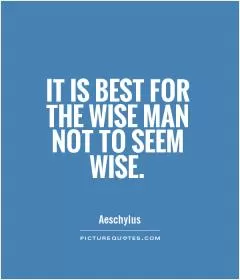
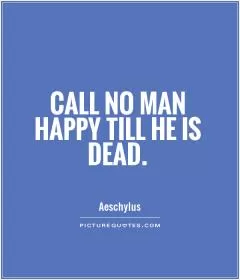



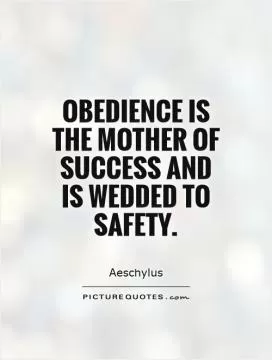



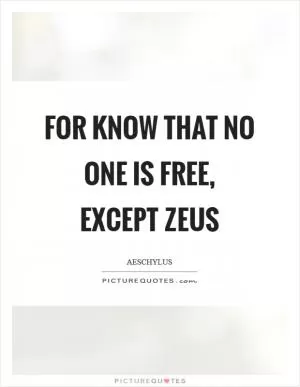
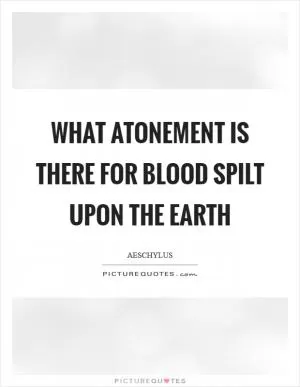
 Friendship Quotes
Friendship Quotes Love Quotes
Love Quotes Life Quotes
Life Quotes Funny Quotes
Funny Quotes Motivational Quotes
Motivational Quotes Inspirational Quotes
Inspirational Quotes